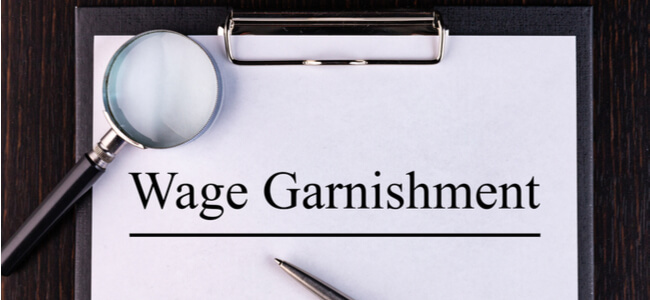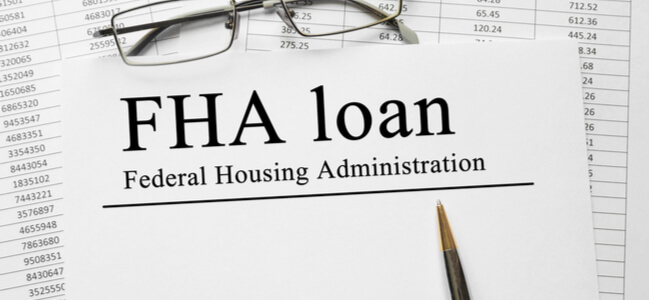Grace Periods Vs Deferments

When it comes to loans, there are terms that are similar to each other that can cause confusion. Grace periods and deferments are a perfect example of often confused terms.
A grace period is an amount of time that creditors automatically grant borrowers the right to delay loan payments. For instance, federal student loans have a grace period of six months and installment loans such as auto loans, personal loans, and mortgages usually have a grace period of 15 days. During this period, the interest may or may not accrue, depending on the loan type and its terms. This temporary delayed payment does not impact the borrower’s credit score.
Deferments are also timeframes during which borrowers do not need to make payments on a loan. However, unlike grace periods, deferments are not granted automatically, and they are approved on a per-case basis, based on a certain financial need. To get approved for a deferment, a borrower would have to submit an application alongside relevant proofs of financial hardship.
Read on to understand more about these two terms and how you can use either to get temporary relief from payments without hurting your credit score.
What Is A Grace Period?
A grace period is a set amount of time during which a borrower will not be penalized for not making payments on a loan. This period varies among various loan types and lenders, and almost every creditor has its own unique grace period. For instance, if you have a federal subsidized student loan and are enrolled in an approved university half-time, the interest accrued is handled by the federal government. On the other hand, if you have an unsubsidized student loan, the interest accrued needs to be paid by you.
Here are some key characteristics:
- Almost every type of loan and credit has a grace period, but it depends on the lender
- It does not impact your credit score if you default on payments during this period
- Interest may or may not accrue on the loan during this period. For instance, federal subsidized loans do not accrue interest, but unsubsidized loans will accrue interest
- You can make voluntary payments during this period and it will go towards your outstanding debt and help you pay off the loan quickly
- In some cases, the total payable will be a bit higher because of the compounding interest rate charged during the period
What Is A Deferment?
A deferment is another way to temporarily postpone payments of your loans. However, to be eligible, you will need to submit an application and provide relevant proof of economic hardship.
Here are some characteristics of loan deferments:
- Deferments are not automatically applied in the majority of loans, and the borrower has to submit a separate application
- The borrower must provide proof of financial hardship alongside the application
- Other than federal subsidized Stafford Loans, interest will accrue during the deferment period
- Deferment is not an ideal option for many as it reschedules the loan’s term and borrowers end up paying more overall
- A lender can offer interest-free personal loan deferment, which means that interest does not accrue on the loan when you pause payment, usually for a month or two. Unfortunately, many lenders tend to charge interest on the loan during this period
For instance, if you have a personal loan of $25,000 at an interest rate of 14% for 60 month and you have financial difficulty, you can apply for a two-month deferment. On one hand, this will help you get back on your feet, but on the other hand, your loan’s starting balance will be $25,583. You will need to repay this loan by paying $595.28 each month for 60 months, reaching a total interest of $10,133.45. If you had not applied for deferment, you would have paid $581.71 each month and a total interest of $9902.38.
When To Utilize Them
Most mortgage loans have a grace period option within the terms and that is clearly reflected in the contract. If you have a credit card or a loan, you can use the grace period to extend your due date, usually without any additional interest. But if you fail to make the payment after the period, the grace period might be revoked for the upcoming payments.
Deferment should be your second option, after you have exhausted the grace period. If you can provide substantial proof of financial hardship, it can help delay your payments for a limited time. If you are temporarily unemployed or having difficulties managing payments, but have not defaulted on the loan, it is a good idea to apply for a deferment.
Bottom Line
Both options can help delay loan payments temporarily. But before going ahead, it is important that you speak to the lender, review the loan documents, and clarify if interest will accrue during the period. By better understanding and utilizing these options, you will be able to better manage your loan and avoid falling into debt traps.



